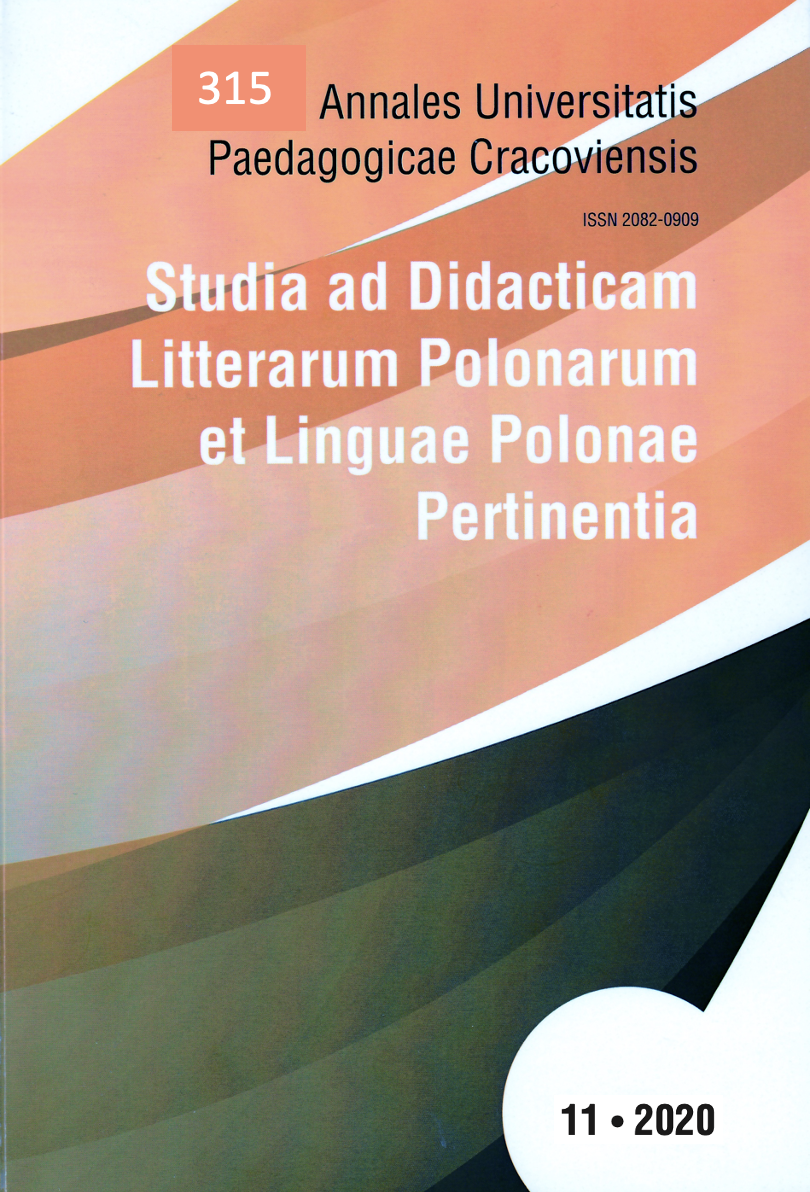Abstract
The focus of this text is set on the concept of educational work that was presented within the recently adopted Fundamentals of the preschool curriculum ‘The years of ascension’ (2018). The emphasis is put on the analysis of theoretical foundations, terminology, educational tendencies, and the question of the initial education of preschool teachers in Serbia.
This recently adopted curriculum is based on the contemporary curricular theories, theoreti- cal principles of the pedagogical and developmental psychology, sociology, anthropology, and other disciplines. The concept of childhood, and mainly of the child, is based on the sociocultural theories and poststructuralism. Even though this approach can be seen as modern in the context of educational work in Serbia, the curriculum seems to lack a stronger demonstration of the scope and limitations of foundations that are based on poststructuralism, as well as the socio-political conditionality that supports the designation of these foundations. In this respect, even the framework that this programme is based on (the UN and the EU documents) is not supported with the critical insight into the particularity of the national framework it was created for.
The significant part of the curriculum is dedicated to the representation of socio-cultural conceptions of childhood. The children are seen as the ‘the playful beings’ and the game as their natural relationship with the world. The project approach and the complex definition of the concept of child’s wellbeing are the core of ‘The years of ascension’. The important characteristic of the new curriculum is the introduction of a large number of new terms that can be regarded as an update and a starting point for new approaches to the problem. The possible drawbacks of the mentioned viewpoints pertain to: 1) the insufficiently specified awareness that the idea of the child represented in the curriculum is only one of many possible ideas, (2) the contradicting definition of the idea of wellbeing (with the accent on the problem with defining the correlation between safety and flexibility in educational work), (3) the possible doubts regarding the usage of certain terms (we studied the idea of authenticity,
as well as the strong opposition to spontaneity in co-construction of knowledge in the process of planning the learning situations).
The presence of binary simplifications in the curriculum carries with itself a possibility that every attempt to reassess and relativize the values of opposing elements can easily be marked as regressive (even if it is not), if one element has a positive value and the other one has a negative value (which is often the case in the curriculum).
Little significance given to the proper preparation of pre-school teachers is regarded as a serious problem. Moving the focus away from the concrete knowledge and professional care for the developmental aspects of child’s character could easily be interpreted as the abandonment of these concepts rather than their perception in a new light - the light of decomposition and co-construction of knowledge. The newly adopted concept of foundations suggests that the competence of preschool teachers will expand and include a series of pedagogical and psychological skills and knowledge at the expense of the foundation of their competence in those sciences that form the basis of development areas (that should be encouraged with children). In contrast to this attitude, we should not forget that the academic knowledge of preschool teachers, as well as their own inquisitiveness and their willingness to learn and to explore, represents the foundation for the creative approach to preschool educational practice that aspire to timely answer the children’s inquisitiveness and to encourage their interest in better understanding of themselves and the world around them. The long-term intention of preschool education should be to develop the need for education as the integral part of both the children’s and the teachers’ characters, and keeping up with these directions (speaking competence, early literacy, etc) would increase if the key aspect of children’s character development would be operationalised and defined with standards.
References
Ikor R., Škola i kultura ili univerzitet - plen životinja, BIGZ, Beograd 1980. Jakobson R., Lingvistika i poetika, Nolit, Beograd 1966.
Marković B., Mićić V., Vukomanović Rastegorac V., The Concept of Dissimilitude in Teaching Literature: Comparative Analysis of Syllabi for the First Cycle of Education in Croatia and Serbia, „Croatian Journal of Education“ 2017, Vol. 19, c. 35-48.
Šušnjić Đ., Ribari ljudskih duša, Čigoja, Beograd 2008.
Tomanović S., Sociologija detinjstva, ZZUNS, Beograd 2004.
Бренеселовић Павловић Д., Крњаја Ж., Калеидоскоп. Праћење и евалуација про- грама, Институт за педагогију и андрагогију - Филозофски факултет, Београд 2017б.
Бренеселовић Павловић Д., Крњаја Ж., Калеидоскоп. Пројектни приступ учењу, Институт за педагогију и андрагогију - Филозофски факултет, Београд 2017а.
Бренеселовић Павловић Д., Крњаја Ж., Калеидоскоп. Теоријска полазишта, Институт за педагогију и андрагогију - Филозофски факултет, Београд 2017.
ГУ, Основе програма предшколског васпитања и образовања: Године узлета, Министарство просвете, науке и технолошког развоја, 2018, http://www. mpn.gov.rs/wp-content/uploads/2018/09/OSNOVE-PROGRAMA-.pdf [посећено: 6.06.2019].
ЗДО, Закон о дуалном образовању, „Службени гласник РС Београд”, бр. 101/2017, http://www.mpn.gov.rs/wp-content/uploads/2017/12/dualno-zakon.pdf [посећено: 15.10.2019].
Ивановић Р., Дете и језичка комуникација, [у:] Методика развоја говора, прир. Вук Милатовић, Учитељски факултет, Београд 2009, c. 65-84.
Липовецки Ж., Доба празнине: огледи о савременом индивидуализму, ИК Зорана Стојановића, Сремски Карловци-Нови Сад 2011.
ОППВО, Основе програма предшколског васпитања и образовања, „Службени гласник РС“, бр. 16/2018, https://www.pravno-informacioni-sistem.rs/SlGla- snikPortal/viewdoc?regactid=426663&doctype=reg&findpdfurl=true [посећено: 15.10.2019].
ПООПП, Правилник о општим основама предшколског програма, „Службени гласник РС“, бр. 14/2006, Просветни гласник, Београд.
ПОСК, Правилник о Стандардима компетенција за професију васпитача и његовог професионалног развоја, „Службени гласник РС“, бр. 88/2017 и 27/2018, Просветни гласник, Београд.
Требјешанин Ж., Представа о детету у српској култури, Софос, Београд 2008.

